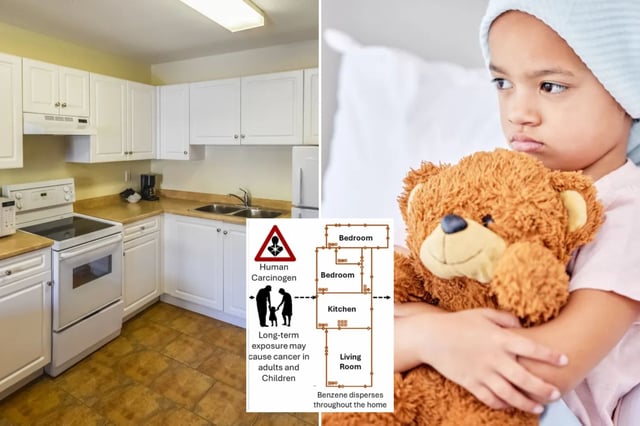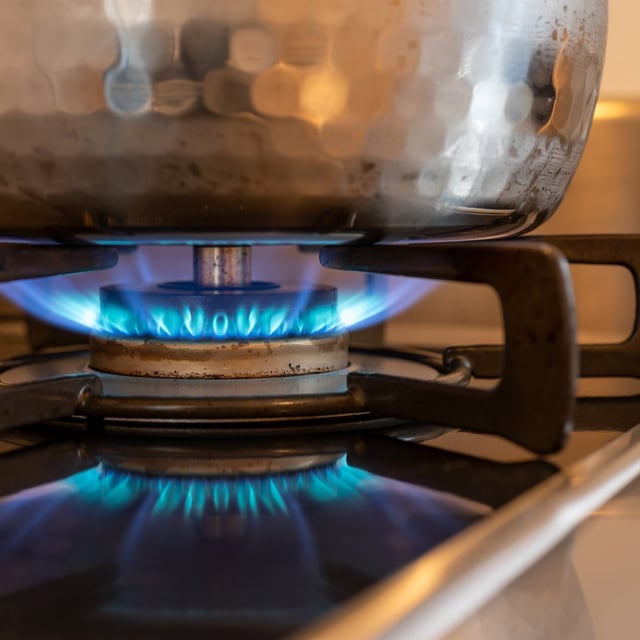Overview
- A Stanford University study confirms that natural gas and propane stoves emit benzene, a carcinogen linked to leukemia and other blood-related cancers.
- Children’s lifetime cancer risk from gas stove-related benzene exposure is 1.85 times higher than that of adults, due to higher air intake relative to body size.
- The study highlights elevated benzene levels in smaller apartments and poorly ventilated homes, with risks extending to living rooms and bedrooms.
- While high-efficiency ventilation systems reduce benzene concentrations, they do not fully eliminate the health risks; switching to electric stoves offers complete mitigation.
- Policy responses include New York’s phased ban on new gas stove installations starting in 2026 and federal actions protecting consumer choice, reflecting ongoing debate.


